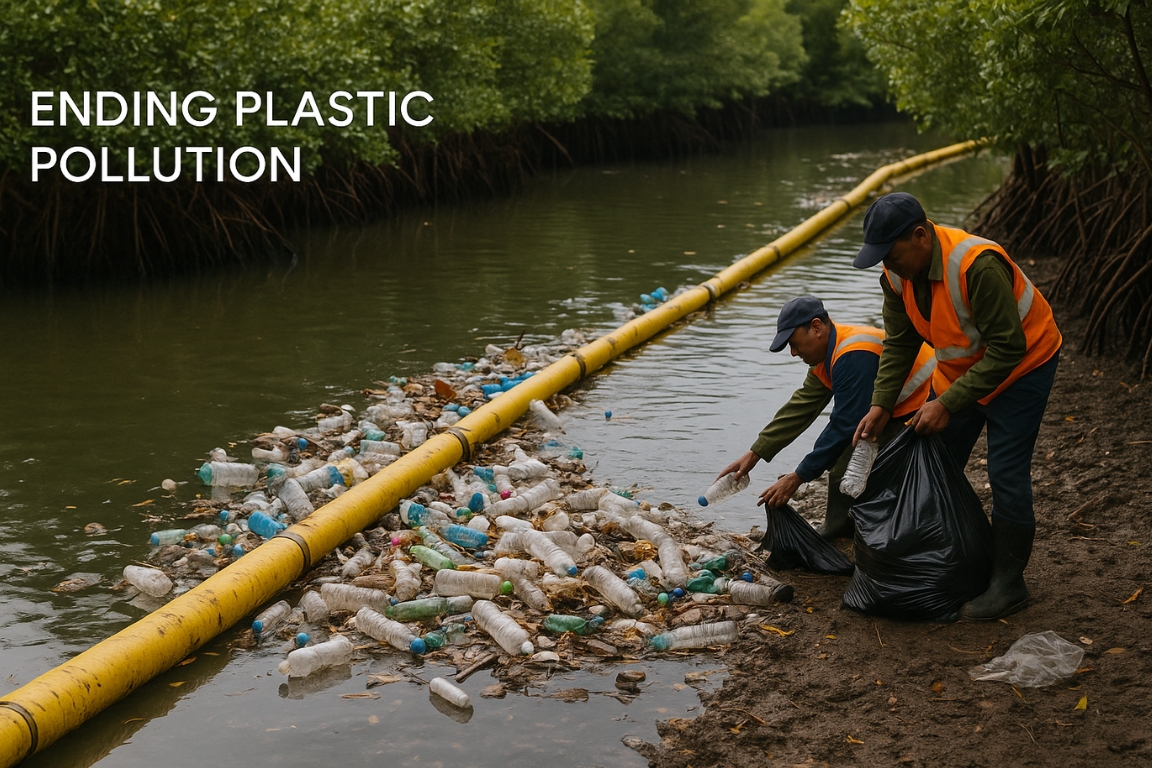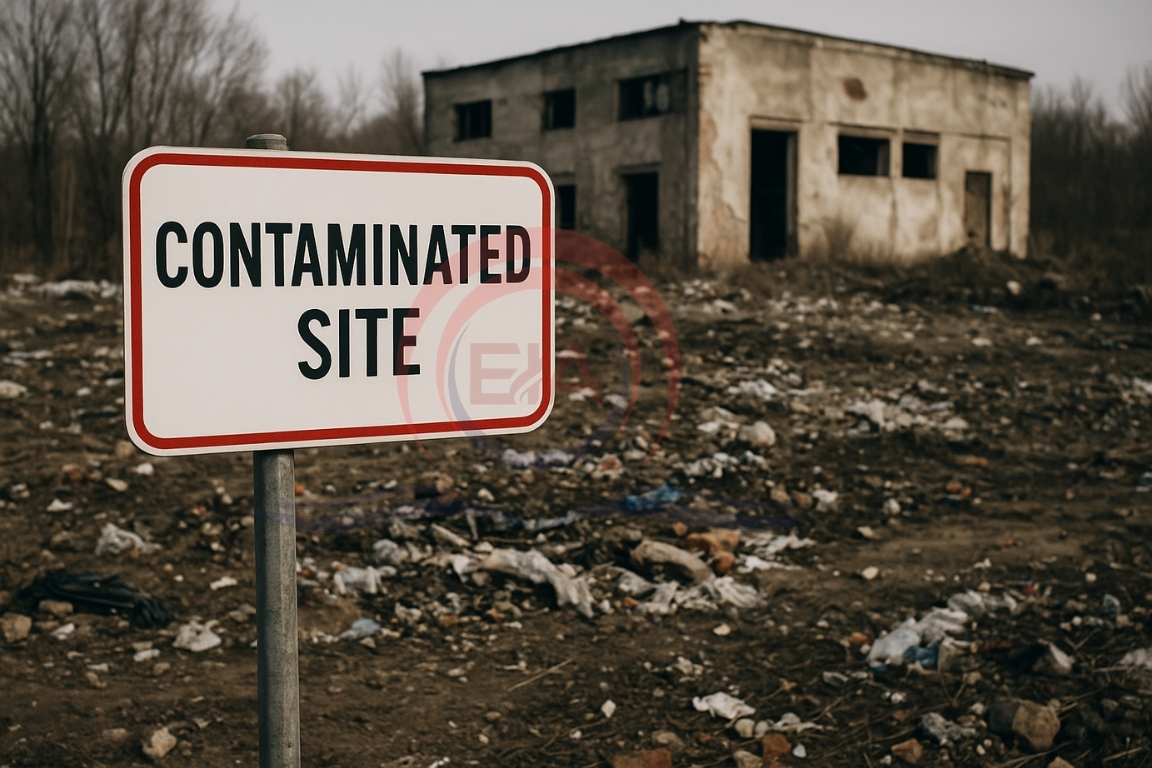World Environment Day 2025 focused on the theme “Ending Plastic Pollution”, highlighting the growing dangers of plastics to the environment and human health.
Scale of the Problem
- Rising Production: Global plastic output doubled between 2000–2019, reaching 460 million tonnes. Waste rose to 353 million tonnes in the same period.
- Short Lifecycle: Around two-thirds of plastic products last less than five years; major contributors include packaging (40%), consumer goods (12%), and textiles (11%).
- Low Recycling Rates: Only 9% is recycled; 50% goes to landfills, while 22% leaks into the environment.
- Marine Impact: Each year, nearly 11 million tonnes enter oceans, adding to the estimated 200 million tonnes already present. If trends continue, there may be more plastic than fish in oceans by mid-century.
- Climate Link: Plastics contribute 3.4% of global greenhouse gas emissions, and could account for 19% of the global carbon budget by 2040.

Why It Is a Serious Concern
- Plastics are non-biodegradable; they fragment into micro and nano-plastics that contaminate soil, water, and air.
- These particles enter the food chain, threatening human health and ecosystem balance.
- Plastic pollution undermines sustainable development, biodiversity protection, and climate goals.
GLOBAL RESPONSES & REMEDIES
- UN Resolution (2022): 193 nations agreed to negotiate a legally binding treaty to end plastic pollution.
- UNEP Target: Reduce plastic waste by 80% within 20 years through:
- Limiting unnecessary and single-use plastics.
- Expanding recycling and product redesign.
- Promoting alternative eco-friendly materials.
- Imposing landfill/incineration taxes to encourage recycling.
- Extended Producer Responsibility (EPR) and deposit-refund schemes.
Indian Initiatives
- Plastic Waste Management Rules (2016, amended in 2022): Ban on identified single-use plastic items.
- Swachh Bharat Mission: Awareness and waste segregation drives.
- Extended Producer Responsibility (EPR): Mandates producers to collect and recycle plastic waste.
- National Green Tribunal (NGT): Monitoring compliance on plastic ban.
- Promotion of biodegradable and compostable alternatives.
Way Forward
- Strengthen R&D for sustainable materials and advanced recycling technologies.
- Develop profitable markets for recycled plastics to reduce dependence on virgin plastics.
- Enhance international cooperation to finalize and implement the global plastics treaty.
- Encourage public participation through awareness campaigns and adoption of green alternatives.
- Ensure strict enforcement of bans on single-use plastics and incentivize eco-friendly innovation.
Conclusion:
The plastic pollution crisis is both an environmental and developmental challenge. A mix of global cooperation, strong domestic policies, innovation, and responsible consumption is essential to secure a cleaner and healthier future.





